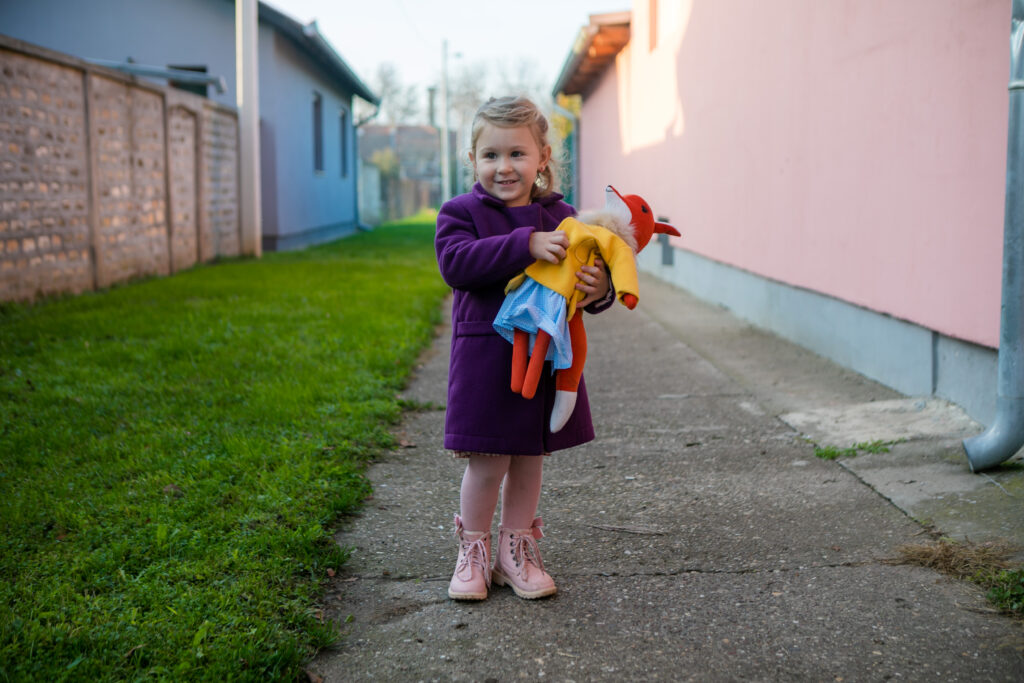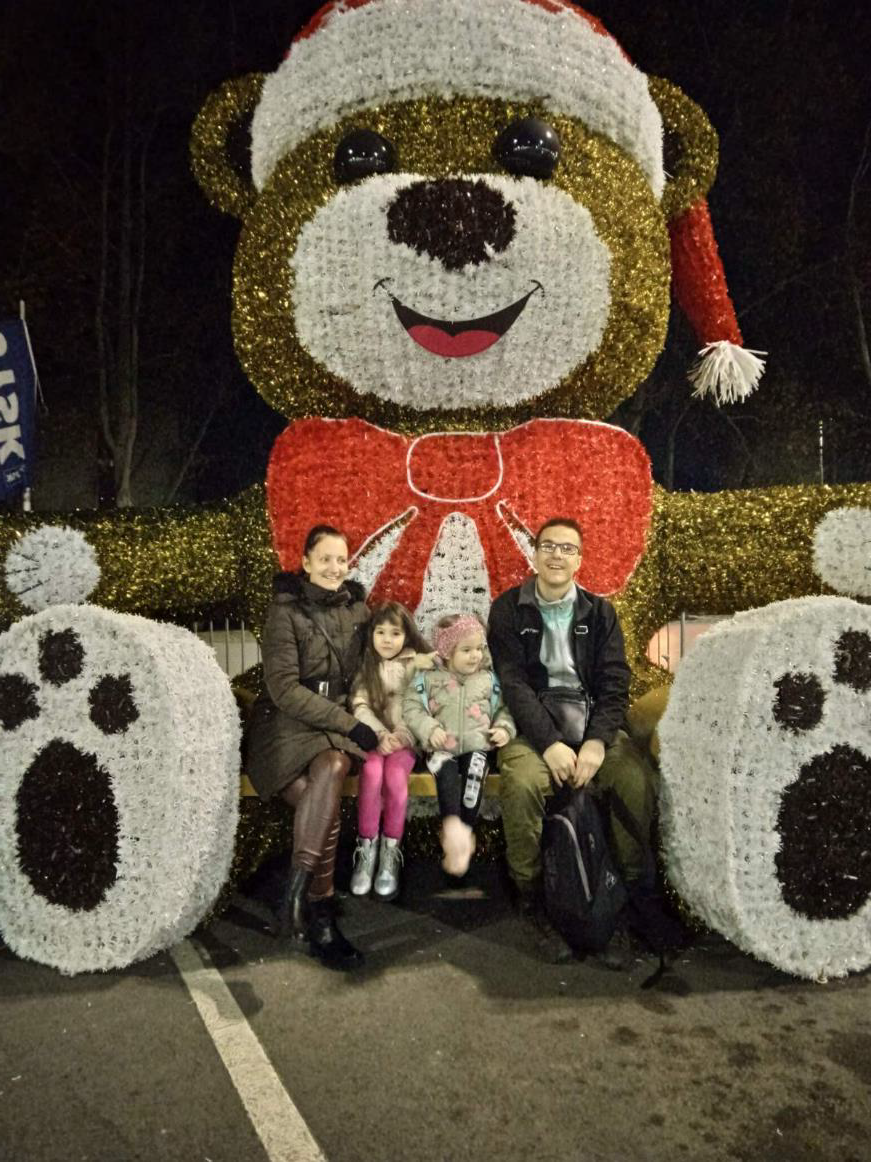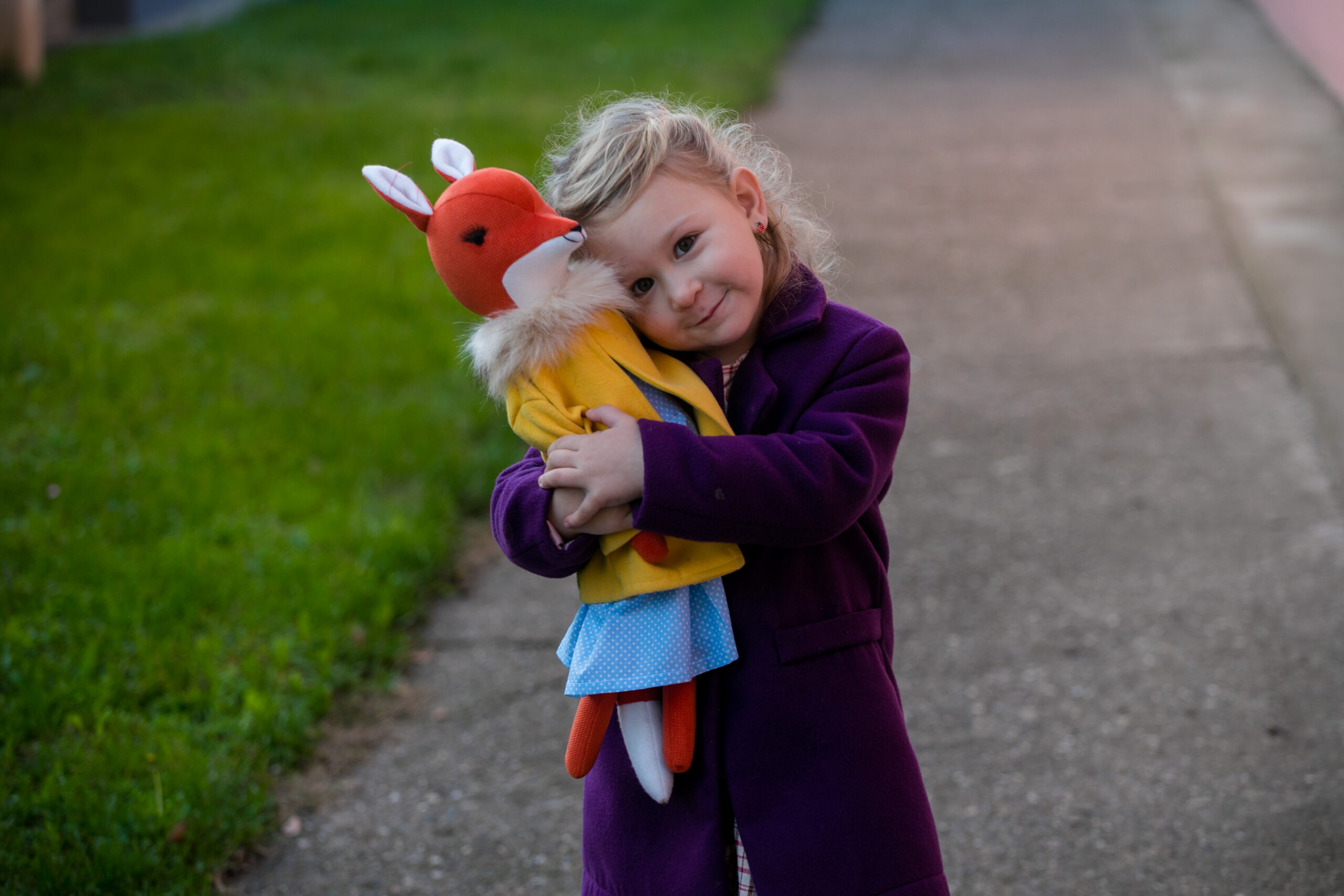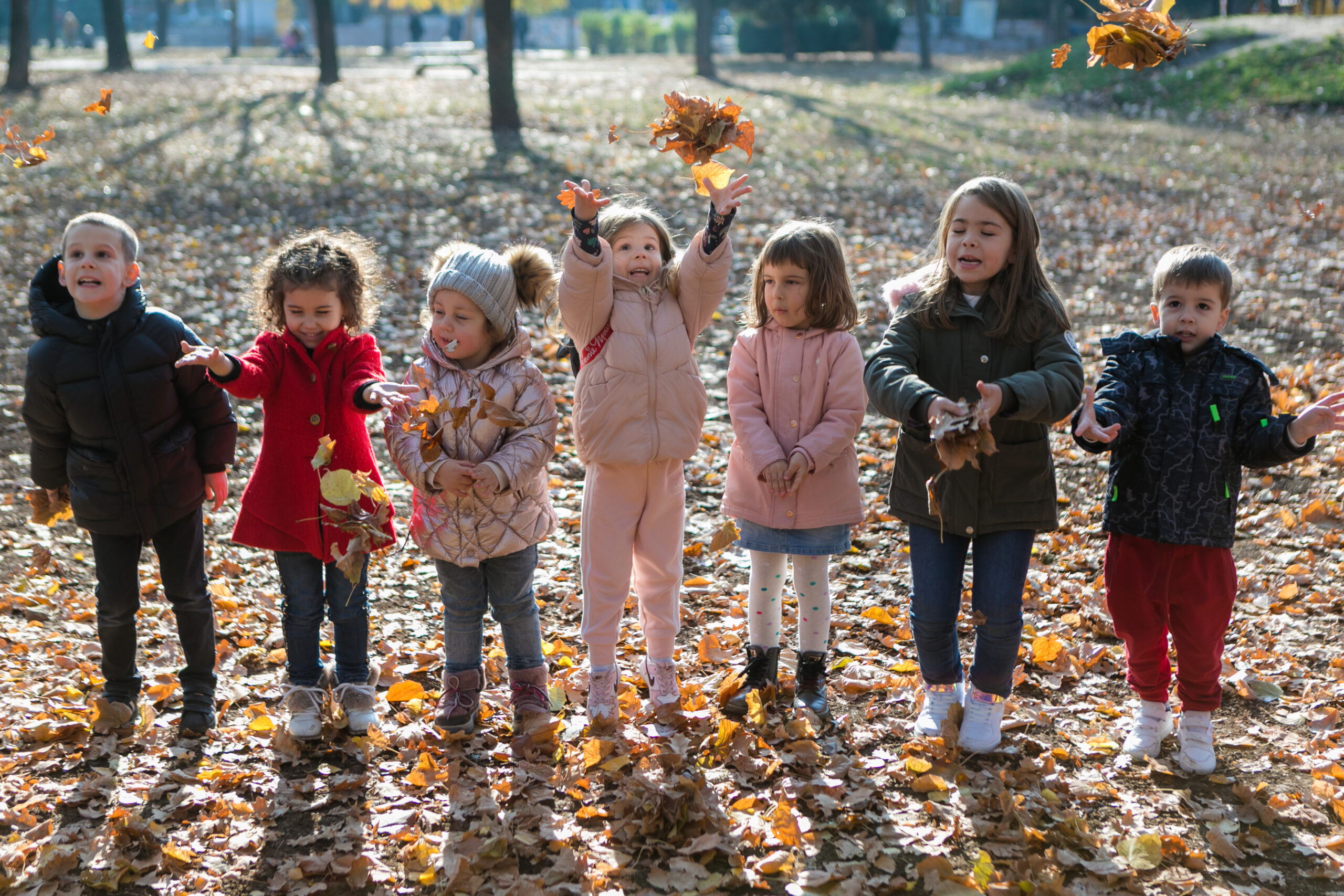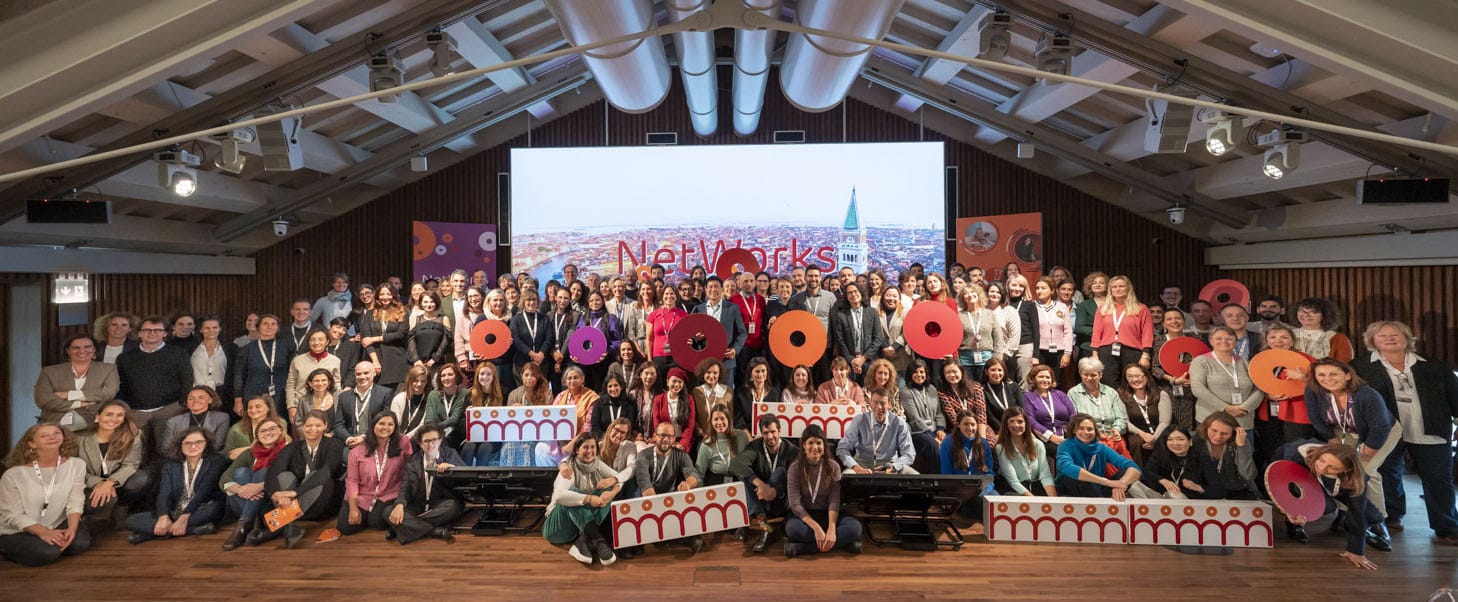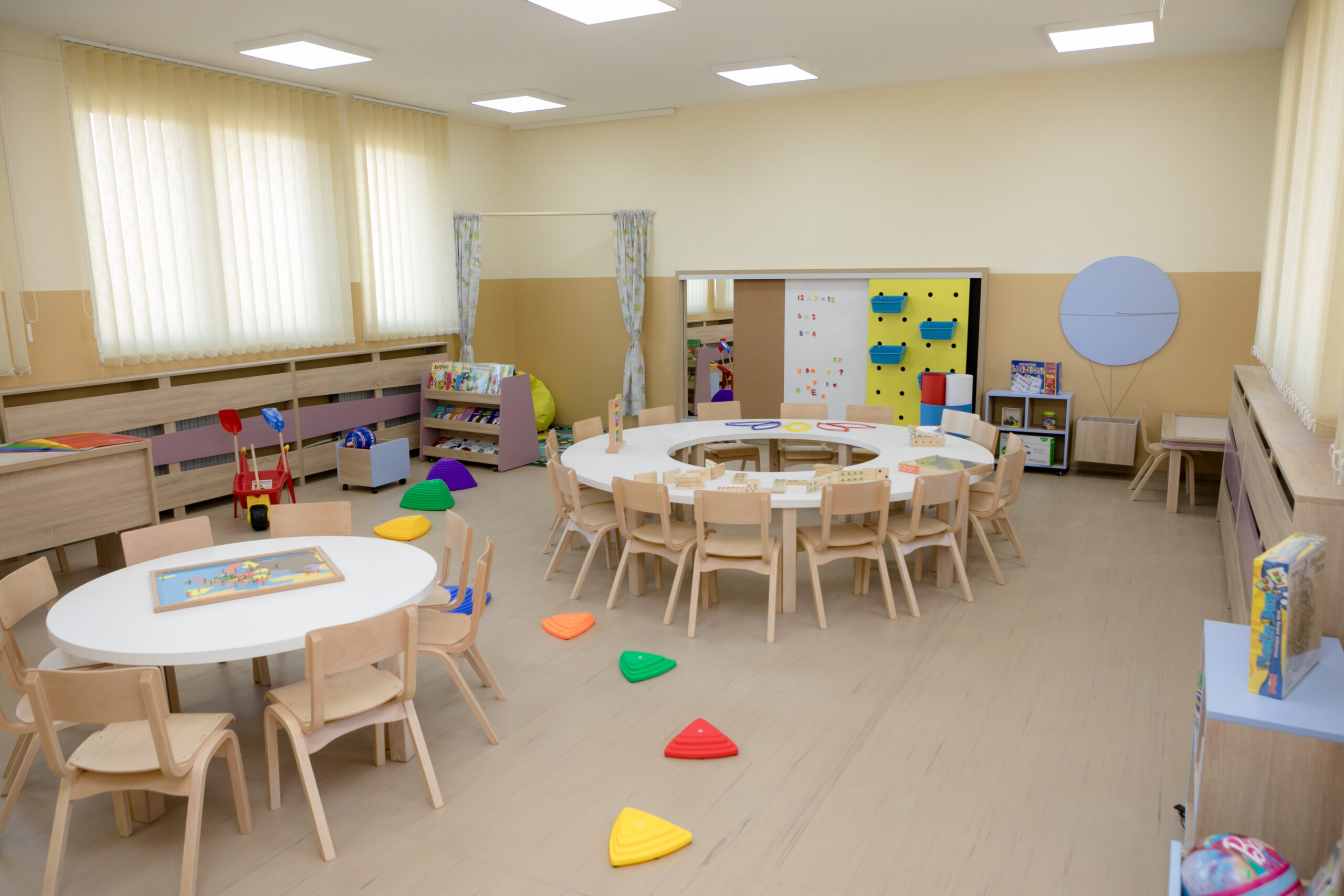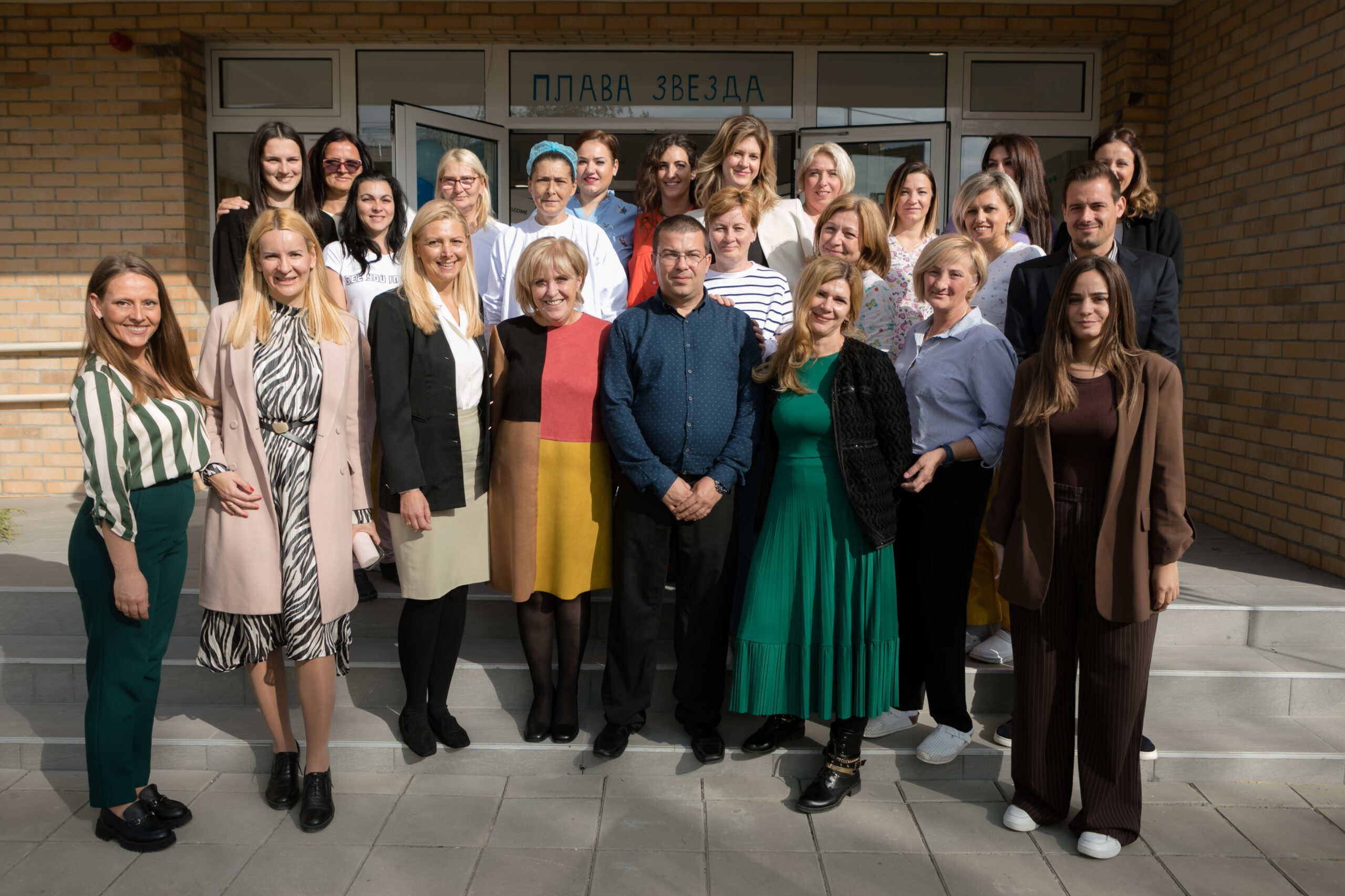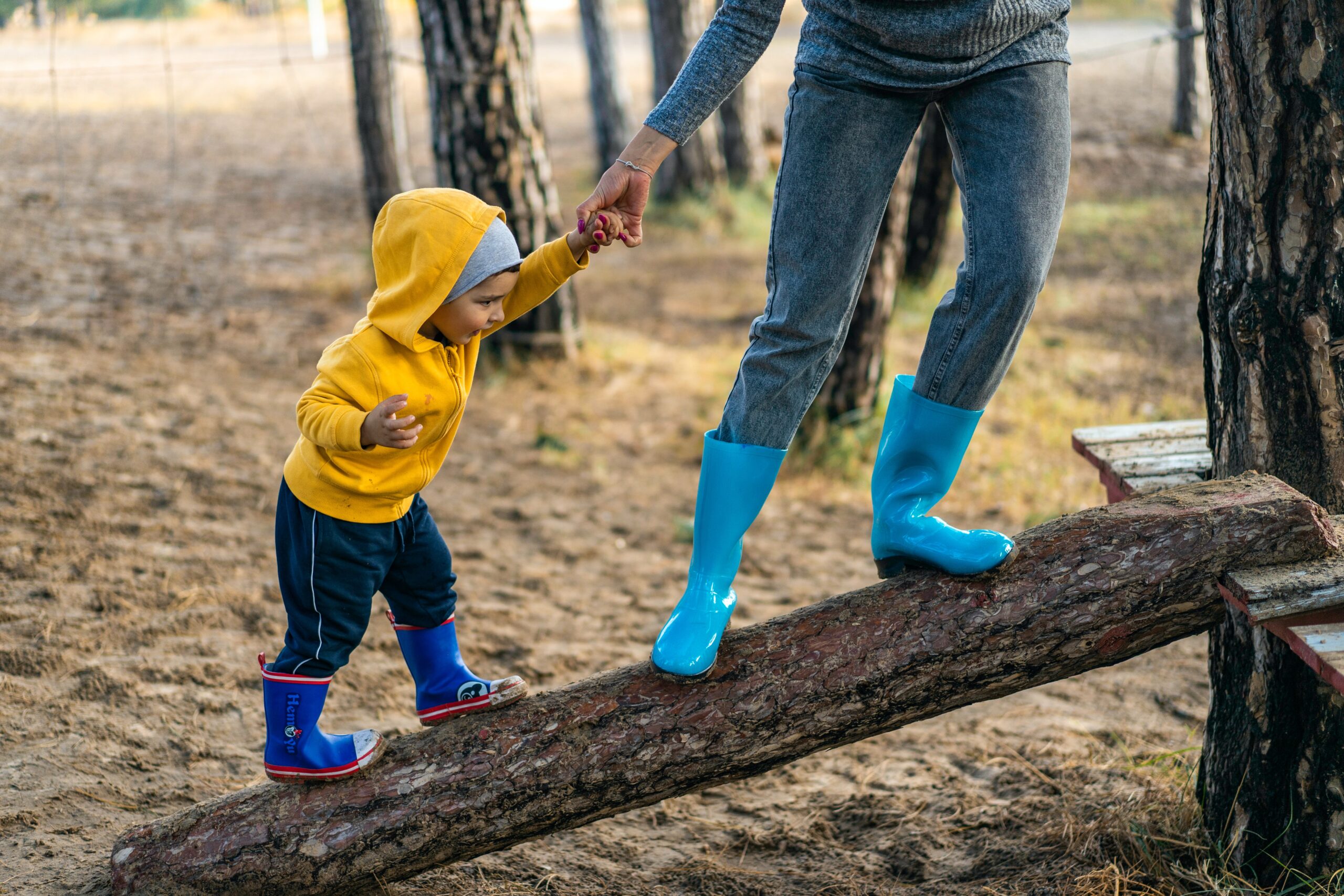Early educators and caregivers play a major role in a child’s cognitive, emotional, physical and social development. However, they face various challenges that can affect the quality of their work and their bond with a child. So, we sat down with Emily Hanno, one of Djokovic Fellows, to talk about the complexity of a caregiver’s position in a child’s early development.
By spending time in a safe, stimulating and stable environment with proper education and caring, a child is able to reach his full potentials. That’s why a non-parental caregiver, such as daycare professionals, is significant for a child’s path to becoming a happy, confident and well-educated adult. Since current world-economy requires parents to work long hours in order to provide for their family, parents more than ever need support from other caregivers. Therefore, over the years, the importance of early educators and caregivers has been surely recognized.
However, in the United States, parents pay about 60% of the child care cost, while 40% are publicly funded. Despite this state support, the cost of childcare still remains a huge burden for many families. On the contrary, over three-quarters of the public college is funded through state and federal funds.
Therefore, it is no surprise that when we asked Emily to describe what change in early childhood education she wishes to see in the future, her answer was in only two words – public funding.
”Although there has been rapid growth in public early education and care programs in the United States over the last several decades, many families continue to struggle to afford high-quality early education and care programs. In many places, early education and care cost more than public universities”, says Emily.
Emily Hanno is currently a fifth year Ph.D. student at the Harvard Graduate School of Education. She is one of the four Harvard students that have been awarded the Djokovic Science and Innovation Fellowship.
The Center on the Developing Child at Harvard University and the Novak Djokovic Foundation launched the Djokovic Fellowship in 2016, with the aim of creating a new generation of leaders who will leverage science for innovation in early childhood policy.
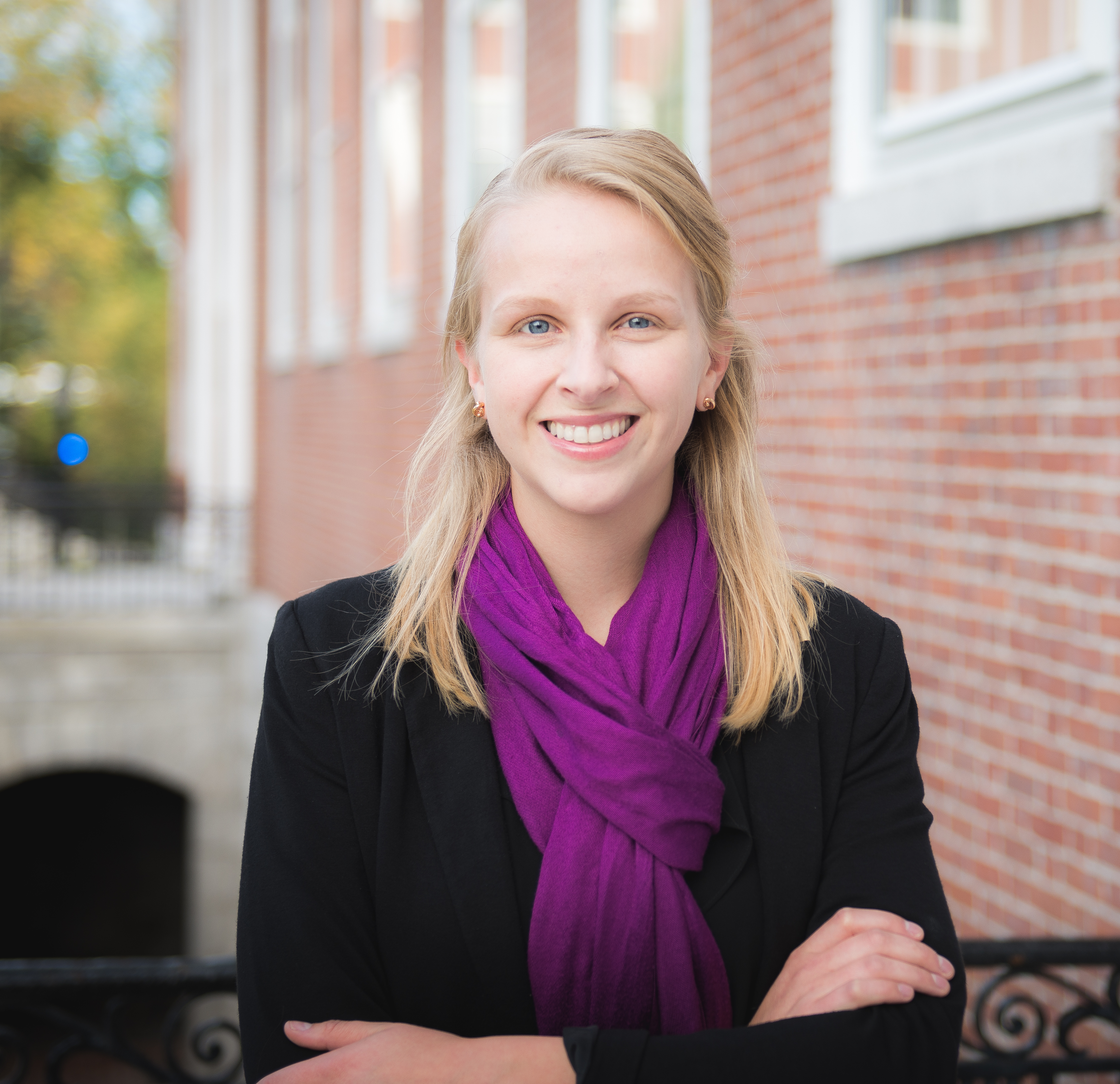
Emily Hanno is currently a fifth year Ph.D. student at the Harvard Graduate School of Education. She is one of the four Harvard students that have been awarded the Djokovic Science and Innovation Fellowship.
Inspired by her own experience as an early childhood educator working with three- and four-year-old children in Houston, Texas, she decided to go to graduate school in order to do research that would support other early educators. Her research broadly focuses on early childhood education and care programs, which in the United States include a wide variety of programs that serve children before kindergarten.
“My ultimate goal is to produce research that improves children’s day-to-day experiences in early education and care settings. Current research suggests that too few children are able to access the types of high-quality settings that can help prepare them for success in kindergarten and beyond. Research also suggests that adult caregivers are an essential ingredient in the quality of those settings. Therefore, these findings highlight the importance of support for adult caregivers that improve the quality of early education and care programs, and that’s why they are the focus of my research”.
However, even though it has been proven that caregivers contribute significantly to the quality of the child’s upbringing, their position is affected by many social and economic challenges.
As Emily says, many early educators and caregivers have unlivable wages that make focusing on the actual work challenging.
“Despite the high cost of child care programs, many early educators and caregivers do not earn living wages. Also, programs have few resources to devote to the development of these professionals. On average, preschool teachers in the United States earn about half the salary of kindergarten teachers. These low wages can contribute to caregiver turnover, stress, and burnout.
Beyond this foundational challenge, the work of effectively caring for young children is complicated and demanding. They are responsible for children socially, emotionally and academically. They often wear many hats, including that of a teacher, coach, psychologist, and social worker. Rarely do early educators and caregivers have strong supports in their settings to aid them in this challenging work”, explains Emily.
Recently, the World Health Organization listed burnout syndrome as an occupational phenomenon. Burnout is described as a syndrome that results from chronic workplace stress that has not been successfully managed. The WHO characterized it as:
- feelings of energy depletion or exhaustion;
- increased mental distance from one’s job, or feelings of negativism or cynicism related to one’s job; and
- reduced professional efficacy.
Due to the explained lack of economic stability and the complexity of their role, an increasing number of caregivers are affected by burnout.
Withdrawal from friends, family and other loved ones, emotional and physical exhaustion, irritability, and loss of interest in activities previously enjoyed are just some of the symptoms of caregiver burnout.
“Caregivers‘own well-being underlies the actions they are able to take with children. When a caregiver is overwhelmed or stressed out, they are less likely to appropriately tune into children’s behaviors and respond appropriately. These responses can, in turn, contribute to children’s behavioral and emotional turbulence. This creates a negative spiral in which challenging a child’s behaviors further tax caregiver’s well-being”, explains Emily.
The potential solution to the prevention of caregivers’ burnout is – coaching interventions.
However, Emily explains that coaching in this field is still focused on small-scale interventions in public school setting:
“Providing caregivers with ongoing job-embedded supports is a promising method for preventing burnout. Coaching is one such support that involves one-on-one meetings between a caregiver and trained coach. During regular meetings, the pair often reflects on existing practices and sets intentions for future actions. A large body of research from the education field highlights that coaching interventions improve caregiver’s practices. However, I think that future work on coaching will consider how to expand and adapt coaching interventions so that they can have impacts on a larger scale.”
Emily aspires to become an academic researcher that works in partnership with practitioners and other scholars and to find a way how to improve the practices of caregivers in early childhood education. Therefore, maybe the primary solution for caregiver’s challenges and other issues in early childhood development is actually investing in brilliant young minds like Emily. Such motivation for problem-solving and desire for innovation will always be recognized by the Novak Djokovic Foundation.


